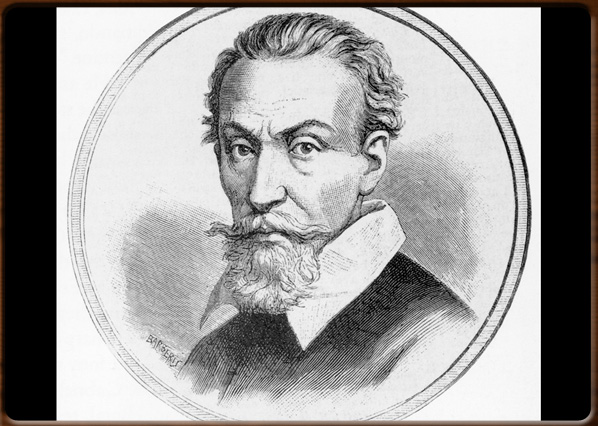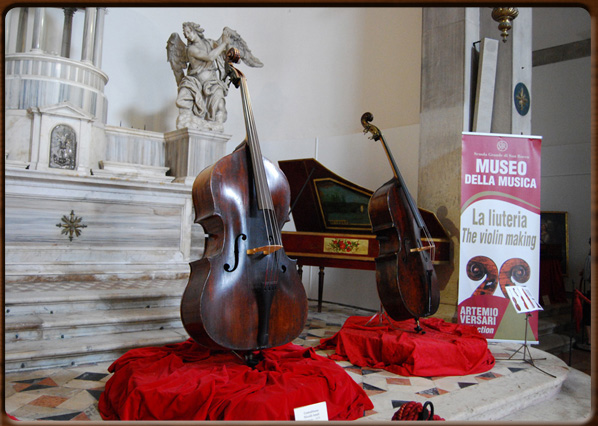
C. Monteverdi

Venetian workshop of a maker of lutes


No video
Claudio Monteverdi (Cremona, 15 May 1567 - Venice, 29 November 1643), was a composer, violist and singer. His compositions marked the transition from Renaissance music to Baroque music.
At the age of 22, he was employed by the Court of Mantua as chorister and violist, then in 1603 Duca Vincenzo Gonzaga appointed him Kapelmeister.
In 1607 Monteverdi composed his first opera, L'Orfeo: it was a great success for an opera in a completely new musical style, a so-called “drama for music”.
Monteverdi wrote only a few pieces of sacred music, even if his Vespro della Beata Vergine (1610) is now considered one of the greatest examples in the history of music, on a par with Händel’s Messiah and Bach’s St. Matthew Passion. His Vespro is a mix of emotional and dramatic music, clearly showcasing Monteverdi’s unmistakable genius.
In 1613 he moved to Venice, having been appointed conductor at St. Mark’s Basilica.
Here he completed the last three of his nine volumes of madrigals, including the so-called Madrigali guerrieri et amorosi (Madrigals of War and Love) with the dramatic scene in Tancredi e Clorinda, which is a highly original arrangement with the first ever use of the tremolo and the pizzicato techniques (special effects in those days).
Monteverdi was such a great composer of madrigals that his eighth book Madrigali guerrieri et amorosi is considered by critics to be the perfection of this form of music.
Monteverdi’s last years were marked by illness, but despite this he still managed to complete his last two operas: Il ritorno di Ulisse in patria (The Return of Ulysses, 1641) and L'incoronazione di Poppea (The Coronation of Poppea, 1642).
The latter is considered his masterpiece and had a large influence on the future development of church music.
1600 - 1700 - - rev. 0.1.5